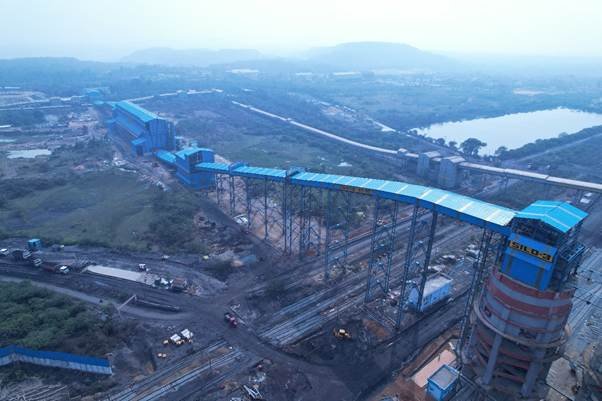Can Singapore companies benefit from the ‘Make in India’ thrust.
1. Look at India on long-term basis;
2. See India as part of a global strategy;
3. Target Indian customers carefully by designing products to their specific needs;
4. Be cautious and selective with joint venture partners and seek those with in-depth domestic market knowledge;
5. India is a one country with many stake holders, where each of the 29 states are now seeking foreign investments directly for their state-wide industrialization programmes; and the need to be sensitive to the Indian employees;
6. Be a rapid leaner from the challenging market environment; and
7. Be patient for the results as India is a market where corporate margins are higher than elsewhere in the world but with long-drawn “fruit bearing” cycles.
Sales peaks at during mass celebrations at seasonal, cultural and religious festivals in India, stressed Sodhi.
But Sodhi also has cautious words for investors, advising them to do a proper due diligence and evaluate the need for joint venture partners, whether it would be single of multi-party arrangement.
Business-oriented regulatory reforms are being improved to make India the next best investment destination in the world.
All major Indian and global auto OEMs (original equipment manufacturers) have planned large investments, estimated at US$5.24 billion, for greenfield and brownfield capacity expansion, according to Sridhar Venkiteswaran, executive director Avalon Consulting India who also addressed the roundtable.
Japan’s Suzuki has joined Hyundai in making India their small car hub while Renault-Nissan are making it as a regional hub, all backed by the market potential, both domestic and exports, said Venkiteswaran.
India’s Bajaj is present in over 50 countries, exporting its two-wheelers or motorcycles.
Venkiteswaran highlighted official support for the auto sector, saying it is the heart of the ‘Make in India’ initiative.
Investors in the sector can benefit from:
• Auto Policy 2002 which gives automatic approval for 100 per cent foreign equity investment in auto components; the manufacturing and imports in this sector is exempted from licensing and approvals.
• Automotive Mission Plan 2006-2016: It has technology modernization fund focusing on small and medium enterprises; The plan also calls for establishment of automotive training institutes and auto design centres, special auto parks and virtual Special Economic Zones (SEZs) for auto components.
• National Automotive Testing and R&D Infrastructure Project: US$388.5 million is to enable the industry to adopt and implement global performance standards; Focus on providing low-cost manufacturing and product development solutions.
• Department of Heavy Industries & Public Enterprises: US$200 million to modernize the auto components industry by providing an interest subsidy on loans for investment in new plants and equipment; Export benefits to intermedia suppliers of auto components against the Duty Free Replenishment Certificate.
• National Mission of Electric Mobility: This aims for faster adoption of electrical vehicles, including hybrid vehicles, and their development and manufacturing in India; This would also help India emerge as a leader in xEVs two-wheeler and four-wheeler market in the world by 2020, with total xEV sales of six to seven million units.
Elsewhere, investment is also being made in the Indian logistics sector which is building a vital link with the industrialization plans in the country. The sector has seen private equity investment of about US$500 million, alongside with over US$200 million by several international players over the past three years, highlighted S. Ravichandran, president and executive director of TVS Logistics Services Ltd.
This year, Warburg Pincus have committed US$129.3 million to Ecom Express, followed by Kedaraa Capital US$30.4 million to Mahindra Logistics in 2014, Northwest Venture Partners US$9.1 million to Snowman in 2013 and New Silk Route Ventures US$31.3 million in VRL in 2012.
With the increased attractiveness of Indian logistics market, some leading international players have made Indian acquisitions and entered into joint venture agreements with leading domestic players, Ravichandran told the roundtable.
In some cases, such as Nissin ABC Logistics, they bought out the share of their Indian partners and also supported additional investment through fund infusions, he pointed out.
fii-news.com









